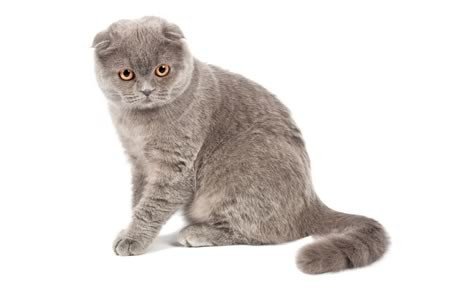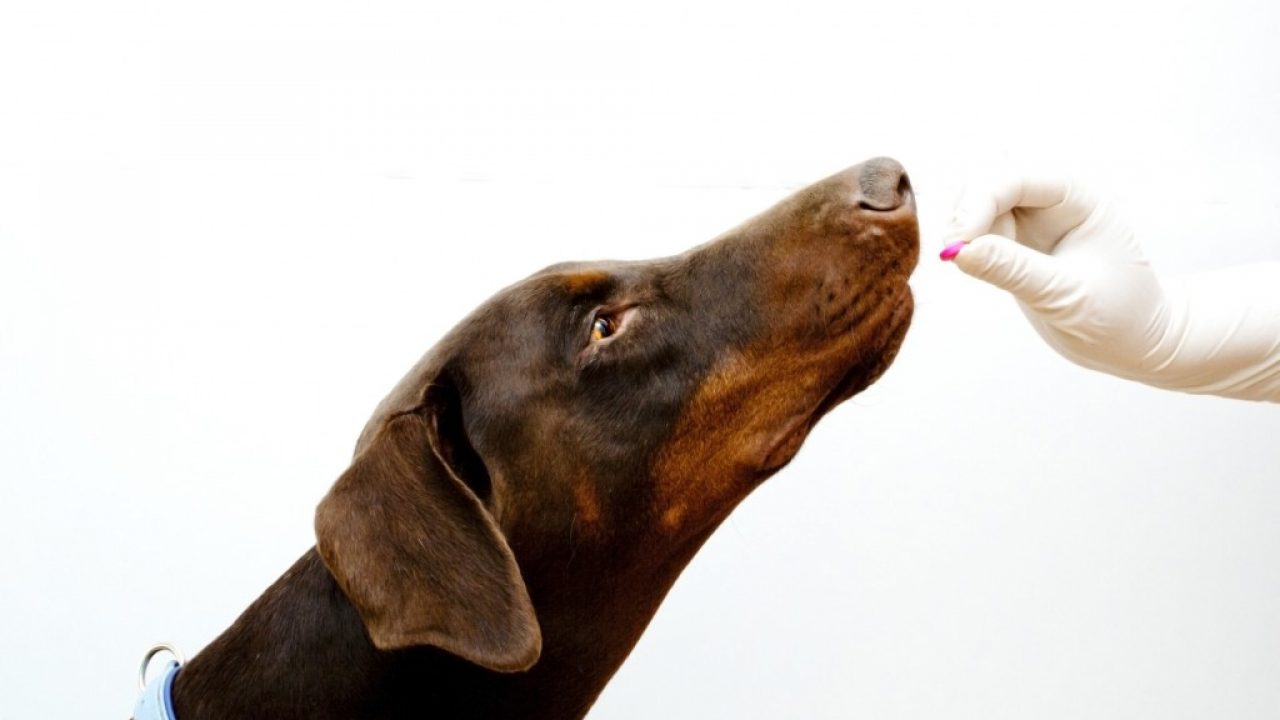Mosquitos are terrible pests we all try to avoid. They buzz around, then settle and bite! There’s not much to like about them! And they breed fairly quickly in just about any small amount of water.
Connect with a verified veterinarian in minutes. Licensed vets are available 24/7 to answer your questions. No need to worry about your furry family member.
Have you ever noticed mosquito larvae in your cat’s outdoor water dish? Yes, it’s possible mosquitos will lay their eggs in a pet water bowl. Yuck! But what happens if your cat drinks the larvae in the water?
Mosquito Larvae are Generally Harmless
Mosquitos can carry infections such as heartworms; however, heartworms will not develop in cats that drink water that contains larvae. Your cat will be just fine. The reason is that mosquitos have to bite to cause heartworms.
Heartworms develop when a female mosquito bites a cat or another animal that’s been infected. As she’s feeding, the mosquito then becomes infected by the heartworm larvae. After this, the larvae stay inside the mosquito and develop anywhere from 10 to 30 days. It’s at this point the heartworm larvae become infective.
At that time, when the mosquito bites another animal, it will then transfer these heartworm larvae to the animal, where the larvae will travel through its bloodstream. This is how cats can become infected with heartworms.
Maturing Heartworm Larvae
Once inside the cat, the heartworm larvae (not the mosquito larvae) move to the cat’s heart. It’s here they grow into adults. After maturing female and male heartworms will reproduce and create more heartworms that clog the heart, and more.

Review symptoms, medications & behavior to keep your pets healthy with a Vet Online in just minutes.
Ask a Vet Live NowSymptoms of Heartworm Infection Cats
You may notice these symptoms in your cat if she develops heartworms:
- Intermittent vomiting (may include blood)
- Diarrhea
- Rapid, difficult breathing
- Coughing
- Gagging
- Loss of appetite
- Lethargy
- Weight loss
If you notice these symptoms in your cat, call the vet immediately. This could be a life-threatening emergency.
Treatment of Heartworm Infection in Cats
The vet will perform a physical exam, order lab work, and may also order chest x-rays. They may also order a test to see if the cat’s blood contains antibodies to the heartworm, and see if adult heartworm proteins are in the blood. Vets also sometimes use ultrasound to see if there are heartworms in the heart and nearby blood vessels.
Heartworms are not treatable in cats; so, treatment may depend on the severity of symptoms. In cats without severe symptoms, the vet may choose to monitor their condition. Other treatments are also possible, but there’s no medication that’s safe to rid cats of these horrible parasites.
So, your cat will be just fine if he drinks water that contains mosquito larvae. The problem comes from adult female mosquitos that are infected with heartworms. While there are no treatments to rid cats of heartworms, there are medications that can prevent this infection in your cat.
Connect with a verified veterinarian in minutes. Licensed vets are available 24/7 to answer your questions. No need to worry about your furry family member.

Tom
Tom has always loved to write since he was little - he wanted to be either a writer or a veterinary doctor, but he ended up being a professional writer while most of his works are based on animals. He was born in San Francisco but later moved to Texas to continue his job as a writer. He graduated from the University of San Francisco where he studied biotechnology. He is happily married and a soon to be father!
Review symptoms, medications & behavior to keep your pets healthy with a Vet Online in just minutes.
Ask a Vet Live Now



